1500+ ★★★★★ REVIEWS
How Chronic Illnesses Can Lead to Hair Thinning: What You Need to Know
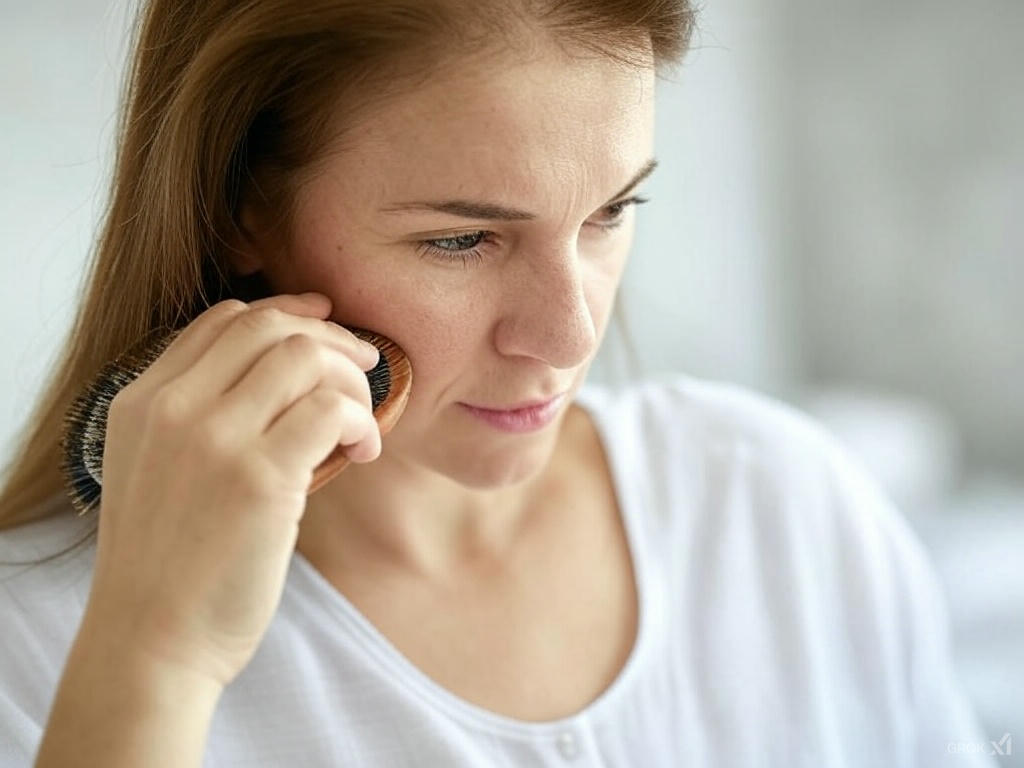
Hair thinning can be a distressing experience, and for those living with chronic illnesses, it’s often an unexpected side effect that adds to the burden. While hair loss is commonly tied to genetics or aging, persistent health conditions can quietly disrupt the hair growth cycle, leaving strands weaker and sparser. Understanding this connection is the first step toward managing it effectively. This article explores how chronic illnesses contribute to hair thinning, shedding light on the mechanisms at play and offering insights into what you can do about it.
Table of Contents
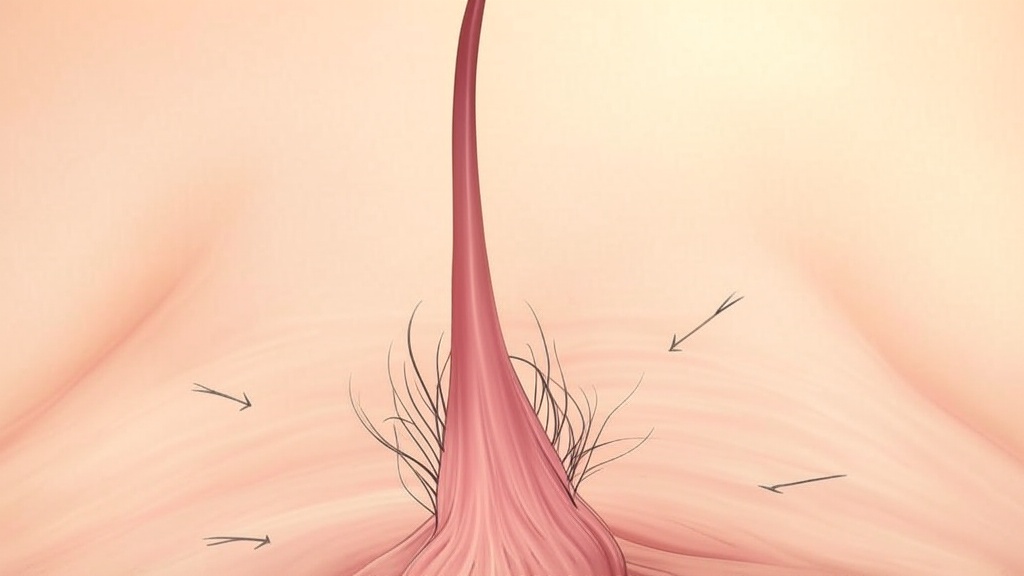
The Connection Between Chronic Illness and Hair Loss
Chronic illnesses affect hair by throwing the body into a state of prolonged stress or imbalance, which directly impacts the hair follicles’ ability to function normally. Conditions like diabetes, lupus, or thyroid disorders alter hormone levels, nutrient absorption, and immune responses, all of which are critical for maintaining a healthy hair cycle. When the body prioritizes fighting illness over non-essential processes like hair growth, follicles may enter a resting phase prematurely, leading to shedding. The American Academy of Dermatology notes that this type of hair loss, often temporary, can become noticeable when underlying conditions persist unmanaged.

How Autoimmune Diseases Affect Hair Follicles
Autoimmune diseases, such as alopecia areata or rheumatoid arthritis, turn the body’s immune system against itself, and hair follicles can become unintended targets. In alopecia areata, for instance, immune cells attack follicles, causing patchy hair loss that may progress if the condition flares. Other autoimmune disorders trigger inflammation that disrupts the scalp environment, weakening hair roots over time. According to the National Institute of Arthritis and Musculoskeletal and Skin Diseases, this inflammatory response can halt growth cycles, making hair thinner and more brittle as the disease continues.
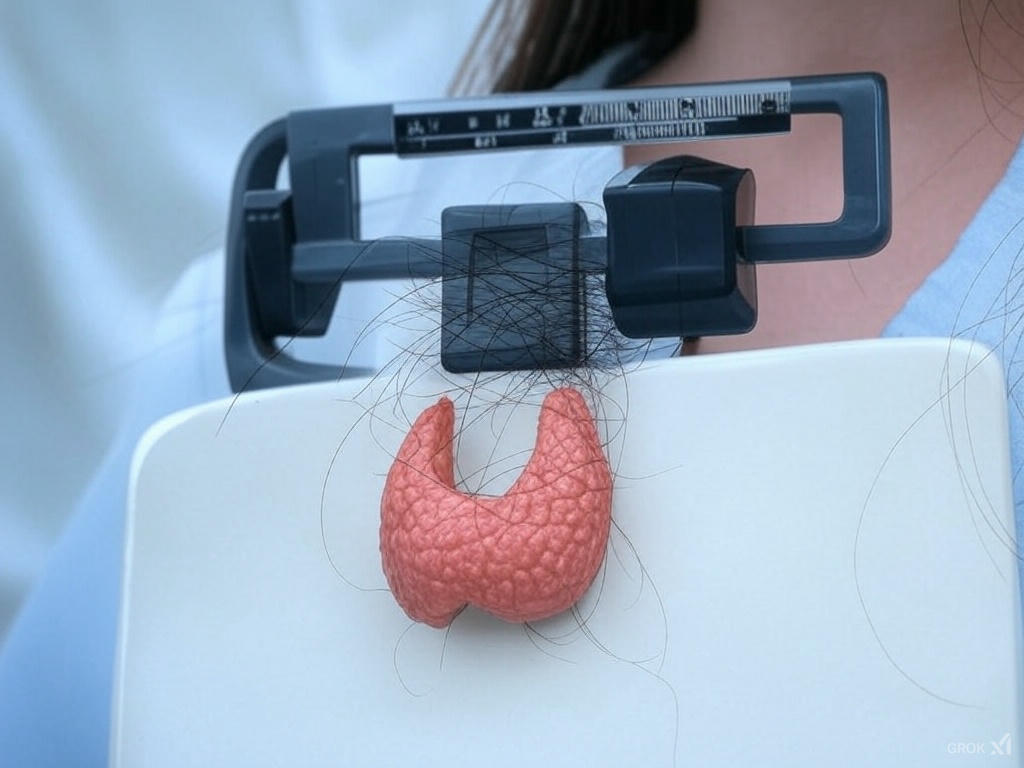
Hormonal Imbalances from Chronic Conditions
Chronic illnesses like hypothyroidism or polycystic ovary syndrome (PCOS) throw hormones out of whack, and hair often pays the price. An underactive thyroid slows metabolism, reducing the energy available for hair production, while PCOS elevates androgens, shrinking follicles and causing diffuse thinning. These hormonal shifts don’t just affect the scalp—they alter how nutrients are processed, further starving hair of what it needs to thrive. The Endocrine Society explains that stabilizing these imbalances through medical treatment can help reverse some of the thinning, though results take time.

Nutritional Deficiencies Caused by Illness
Many chronic conditions, such as Crohn’s disease or celiac disease, impair the body’s ability to absorb nutrients, leaving hair follicles undernourished and prone to shedding. Iron, zinc, and protein are vital for hair strength, but when the gut can’t process them properly, hair becomes fine and fragile. Even treatments like chemotherapy for cancer, while not a chronic illness itself, exacerbate this by depleting the body further. Research from the National Institutes of Health highlights how correcting these deficiencies, where possible, can support hair regrowth, though the underlying illness must also be addressed.
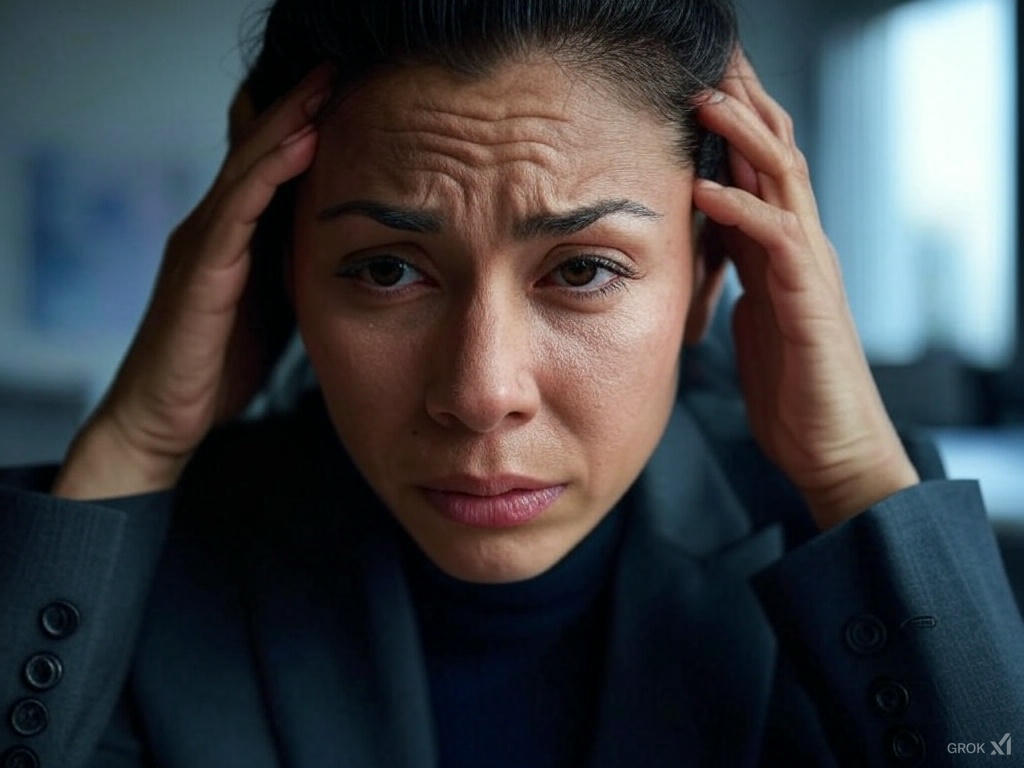
Stress and Inflammation as Hidden Culprits
Beyond specific diseases, the chronic stress and systemic inflammation that accompany long-term illness act as silent saboteurs of hair health. Stress spikes cortisol, pushing follicles into a dormant state, while inflammation—common in conditions like chronic fatigue syndrome or fibromyalgia—damages the scalp’s blood vessels, limiting nutrient flow. The Cleveland Clinic points out that this double whammy can worsen thinning, especially when stress and inflammation remain unchecked over months or years.

Managing Hair Thinning from Chronic Illness
While you can’t always cure a chronic illness, you can take steps to lessen its impact on your hair. Working with a doctor to stabilize your condition—whether through medication, diet, or stress management—lays the groundwork for healthier follicles. Gentle hair care routines, like avoiding heat styling, preserve what you have, and consulting a dermatologist can pinpoint treatments tailored to your situation. The Mayo Clinic suggests that patience is key, as hair recovery often lags behind improvements in overall health. For those seeking aesthetic solutions, options like Hottie Hair’s Hair Loss Solution page or Mesh Integration can boost confidence while you heal.
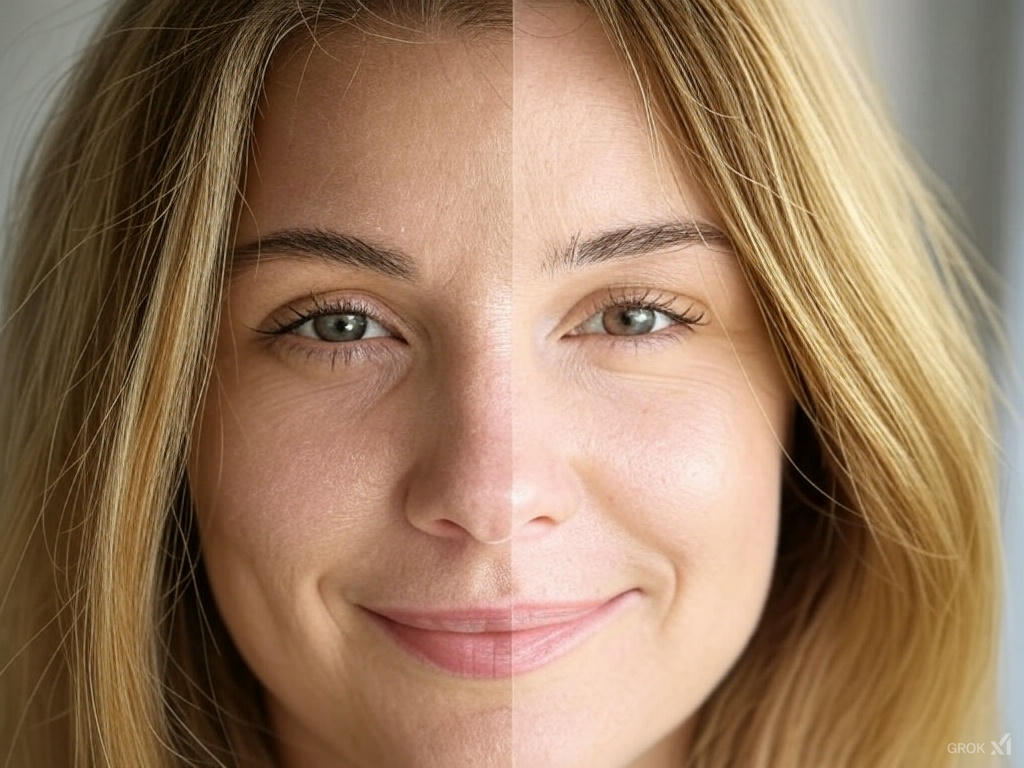
Living with a chronic illness is challenging enough without the added worry of hair thinning, but knowledge is power. By recognizing how these conditions affect your hair and taking proactive steps, you can regain some control. Whether it’s addressing nutrient gaps or exploring supportive care from resources like Hottie Hair’s Comprehensive Guide to Hair Loss Treatment in Las Vegas, you’re not alone in navigating this journey toward healthier hair.
FAQs: Chronic Illnesses & Hair Thinning
Can any chronic illness cause hair thinning?
Many chronic illnesses can lead to hair thinning by disrupting the body’s balance, whether through hormonal shifts, nutrient deficiencies, or stress. Conditions like diabetes, lupus, or thyroid disorders are common culprits, as they affect processes vital to hair growth. While not every illness directly targets hair, the ripple effects often show up on your scalp.
How do autoimmune diseases damage hair?
Autoimmune diseases like alopecia areata or rheumatoid arthritis cause hair thinning by triggering the immune system to attack hair follicles or inflame the scalp. This disrupts the growth cycle, leading to patchy loss or overall weakening. Managing the underlying condition can sometimes reduce the impact on your hair.
Why do hormonal issues from illness affect hair?
Hormonal imbalances from chronic conditions like hypothyroidism or PCOS alter hair growth by slowing metabolism or increasing androgens, which shrink follicles. This reduces hair thickness and density over time. Treatment to stabilize hormones can help, but it’s a gradual process to see improvement.
Can fixing nutrition stop hair thinning from illness?
Improving nutrition can support hair health by addressing deficiencies caused by illnesses like Crohn’s or celiac disease, but it won’t fully stop thinning if the condition persists. Absorbing essentials like iron and protein strengthens follicles, though the root cause still needs medical attention for lasting results.
Does stress from being sick make hair loss worse?
Yes, the chronic stress of living with an illness raises cortisol levels, which can pause hair growth and increase shedding. Combined with inflammation, it restricts nutrient delivery to the scalp, amplifying thinning. Reducing stress through relaxation techniques may lessen this effect over time.
Is hair thinning from chronic illness permanent?
Hair thinning from chronic illness isn’t always permanent—conditions like telogen effluvium may resolve if the illness is managed—but some cases, like severe autoimmune damage, can be harder to reverse. Early intervention and treatment improve the odds of regrowth, though it varies by person.
Can medications for chronic illness cause hair loss too?
Some medications for chronic conditions, like chemotherapy or certain arthritis drugs, can thin hair by targeting fast-growing cells or altering nutrient levels. This is often a temporary side effect, but discussing alternatives with your doctor might help minimize the impact on your hair.
How can I protect my hair while managing a chronic illness?
Gentle hair care, like avoiding harsh styling, paired with treating your illness, helps protect what you have. A nutrient-rich diet and stress management also support follicles. For extra help, resources like Hottie Hair’s Hair Loss Solution page offer practical options.
How long does it take hair to recover after illness improves?
Hair recovery can take 3-6 months or longer after a chronic illness stabilizes, as the growth cycle is slow to restart. Factors like the illness’s severity and your overall health influence the timeline. Patience and consistent care are key to seeing thicker strands again.
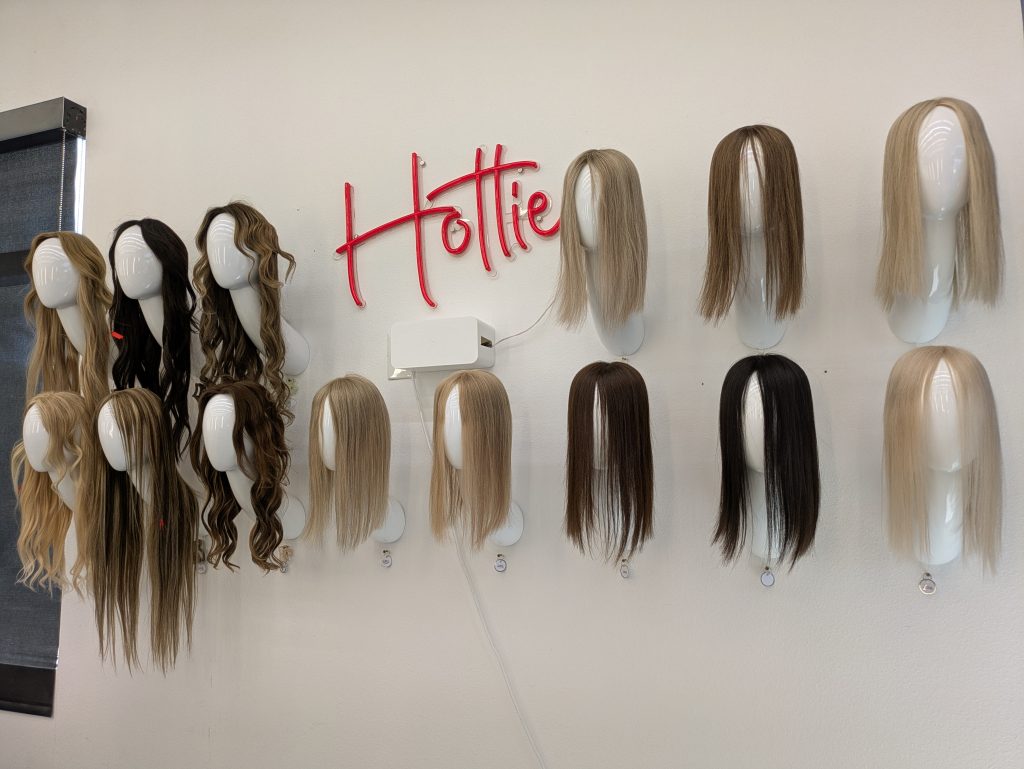
Where can I find more help for hair thinning?
For tailored advice and solutions, explore Hottie Hair’s Comprehensive Guide to Hair Loss Treatment in Las Vegas. It covers managing thinning from illness with options like mesh integration to boost your look while you heal.
You must be logged in to post a comment.